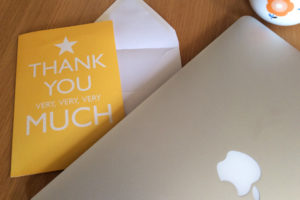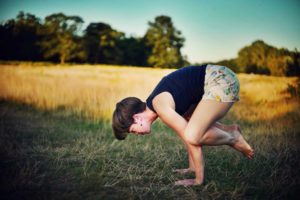
Do you want to remove negative thought patterns and be calm, mindful and able to stay in the present?
You’re not alone. It sounds pretty ideal, hey?
The meditation technique Prana Samyama, which involves focusing on the natural breath, offers all of this.
Our natural breath reflects our emotional, mental and physical state at any given moment. For example, have you ever noticed how your breath becomes short and fast when anxious?
The breath is connected to the body and to the conscious and unconscious minds. The unconscious mind is where the ego, our reactions/habits reside.
By observing the uncontrolled breath at the entrance of the nostrils, you can learn to live in the present moment and experience a state of harmony.
This method was taught by Buddha, and in the present time by yoga and meditation master Dr ALV Kumar in India.
It also has the potential to remove stored stress or negative thought patterns. This happens by the conscious mind neutrally observing the fluctuations in the unconscious mind. These reactions are reflected in the breath. Doing this in a state of calm, objective awareness results in profound and permanent long-term changes.
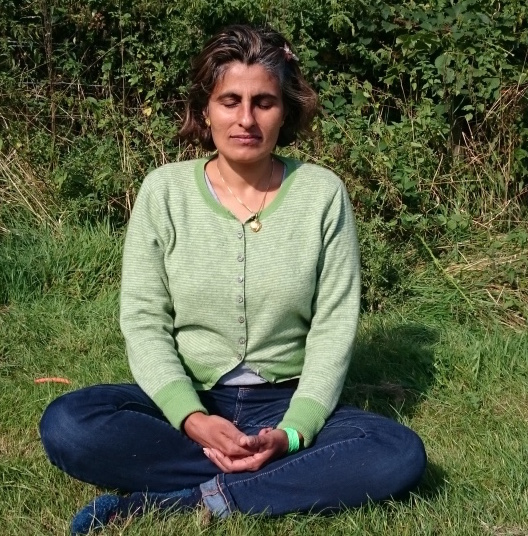
Neeta Madahar is a senior meditation teacher with Traditional Yoga, a voluntary organisation which trains teachers and runs courses to teach this technique.
Here she explains its impact.
Why should people practise Prana Samyama?
There are lots of meditations available which work with the conscious mind, giving people the ability to develop concentration, reduce stress and become more relaxed.
This technique does all of these things. But it goes further by working with the unconscious mind, as well as the conscious mind.
Prana Samyama meditation also does not condition the mind to become attracted and therefore attached to a meditation object, like a mantra. With its focus on awareness of the natural breath, there is no liking or disliking created. There is only a choiceless awareness of the present changing reality, as manifested by each unique breath.
This objective meditation strengthens the conscious mind at the same time as deconditioning the unconscious mind.
How did you discover this technique?
I have been meditating on mantras from a young age thanks to my mother and religious upbringing as a Hindu.
Although I found that I was getting the relaxation, problem-solving and concentration benefits of these devotional meditations, my negative habits and thought patterns weren’t changing.
In 2009, I met Anna Bhushan, an illustrator and senior teacher and volunteer with Traditional Yoga, at an art exhibition in London where we were both exhibiting. Anna and I felt an immediate connection.
Two years later, we met up again, talking more deeply about meditation and Anna’s teacher Dr Kumar, who was coming to London to run a two-day yoga workshop.
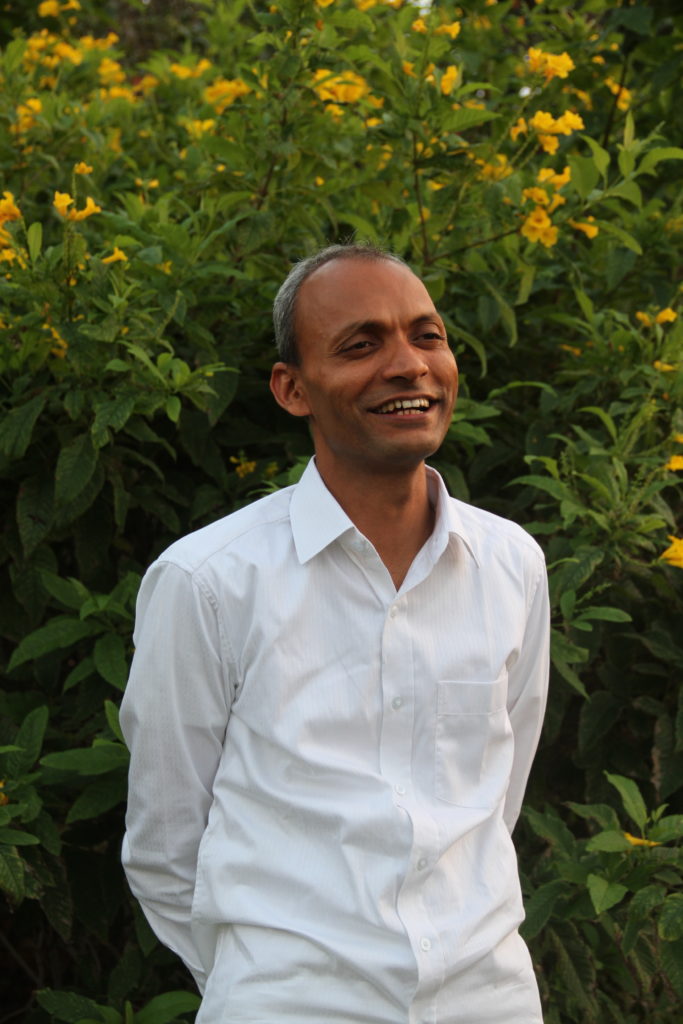
I attended the workshop and was so impressed by Dr Kumar’s wealth of knowledge and his genuine humility that I enrolled onto a silent meditation retreat with him in India in December 2011. There, I learnt and practised the Prana Samyama technique, and continued on my return home.
Describe your personal practice?
It has changed over the course of the last five years. For the first three years, I meditated for one hour in the morning and another hour later in the day. This pattern eventually shifted to one daily two-hour session.
I also attend Dr Kumar’s meditation retreats twice a year to strengthen and deepen my practice.
What have been the benefits to you of practising this method?
I have seen an evolution in my behaviour and personality. For example, I used to get angry and irritated about lots of things, even though I could keep these feelings under wraps most of the time.
Now the intensity and frequency of getting annoyed has dramatically decreased. I also get over things more quickly because the triggers for my anger having substantially weakened.
I’ve also become more compassionate, have a greater awareness about things and see situations from different perspectives so don’t jump to conclusions as quickly. I am also less restless and more patient.
These changes in entrenched behaviour patterns have been enough of a motivation for me to persevere with my practice. It’s not been five years of bliss, light and no problems. But there’s been enough of a revolution in my personality for me to be committed to this technique.
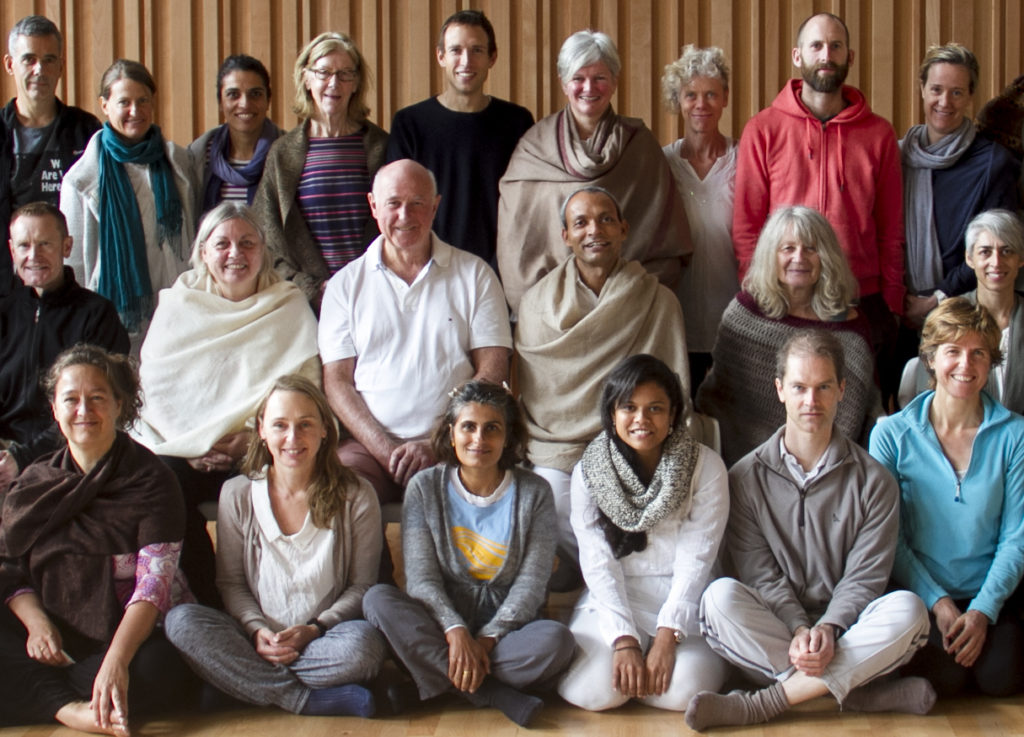
What obstacles – or challenges – have you had to overcome in your own practice?
Restlessness. You may expect meditation to be a blissed out experience. While this can and does sometimes happen, it’s not all that frequent. This is when motivation and persistence is crucial.
It can be hard when going through a protracted period of difficulty. But whatever a meditation session is like, I don’t judge the experience nor do I have expectations anymore.
I just see my practice as something I have to do in the morning like having a shower or cleaning my teeth. I don’t overthink it or procrastinate, but see it as the driver for everything to work properly in my life – my relationships, my work… all that I do.
What advice would you give to students encountering difficulties or doubts over this meditation method?
If you’re experiencing difficulties, don’t give up. Challenges happen and are a normal part of the meditation journey.
• Sit with the restlessness, the boredom, the doubts, the sadness, essentially whatever comes up – the sensations are impermanent, they are rising to pass
• Meditate with other people too whenever possible as that helps strengthen your practice
• Share any difficulties about meditation with fellow meditators – chances are they’ve experienced the same problems and can help.
Book your meditation course
Register now for a Traditional Yoga meditation course run by Flavia in north-east London
Find out more about Traditional Yoga courses, retreats and training
Visit Neeta’s Yoga Cafe on Facebook
With thanks to Traditional Yoga for the images.

